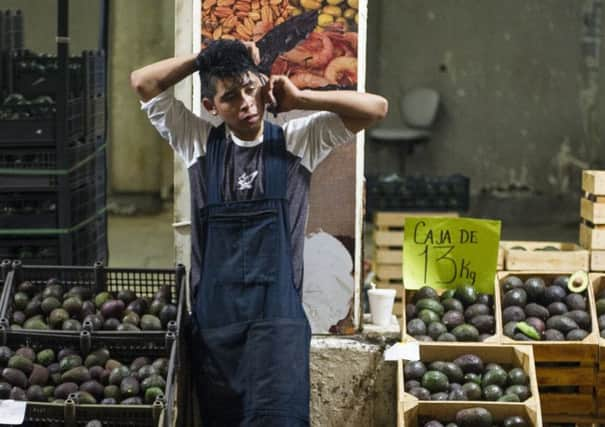High avocado prices fuelling deforestation by Mexican farmers


Avocado trees flourish at about the same altitude and climate as the pine and fir forests in the mountains of Michoacan, the state that produces most of Mexico’s avocados.
That has led farmers to wage a cat-and-mouse campaign to avoid authorities, thinning out the forests, planting young avocado trees under the tree canopy, then gradually cutting back the forest as the trees grow to give them more light.
Advertisement
Hide AdAdvertisement
Hide Ad“Even where they aren’t visibly cutting down forest, there are avocados growing underneath the pine boughs, and sooner or later they’ll cut down the pines completely,” said Mario Tapia Vargas, a researcher at Mexico’s National Institute for Forestry, Farming and Fisheries Research.
Given that Michoacan’s forests contain much of the wintering grounds of the monarch butterfly, the deforestation is more than just an academic issue.
A mature avocado orchard also uses almost twice as much water as fairly dense forest, meaning less water reaches Michoacan’s crystalline mountain streams on which the animals depend.
Greenpeace Mexico says people are likely to suffer, too.
A spokesman said: “Beyond the displacement of forests and the effects on water retention, the high use of agricultural chemicals and the large volumes of wood needed to pack and ship avocados are other factors that could have negative effects on the area’s environment and the well-being of its inhabitants.” The two-lane rural roads that cut through the mountains are choked with lines of heavy trucks carrying avocados out and pickers in to the orchards.
But it is hard to argue farmers out of the economic logic of growing avocados.
Vargas added: “Avocado farming is very attractive, because of the prices being the way they are.”
Avocado prices jumped from around 66p each in January to around 85p in July, partly because of weak seasonal supply from Mexico.
Between 2001 and 2010, avocado production in Michoacan tripled, but exports rose 10 times, according to a report published in 2012 by Tapia Vargas’ institute.
The report suggested the expansion caused loss of forest land of about 1,700 acres a year from 2000 through 2010.